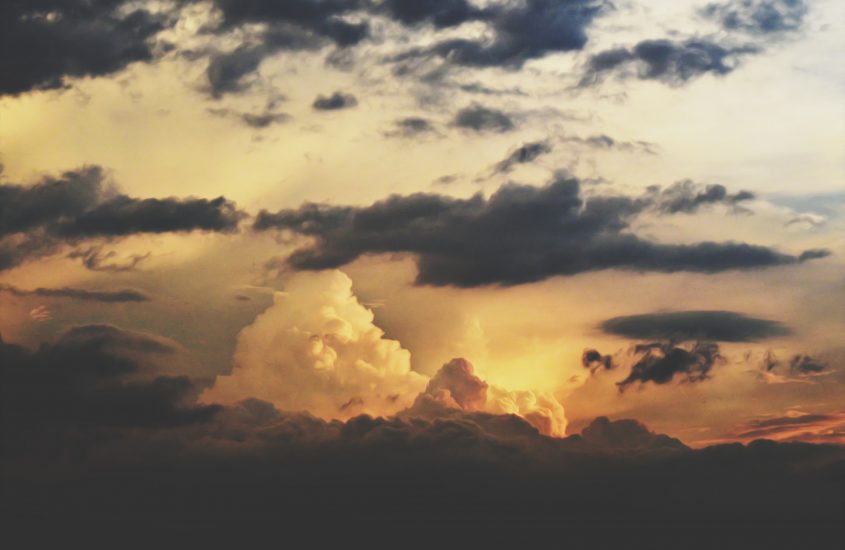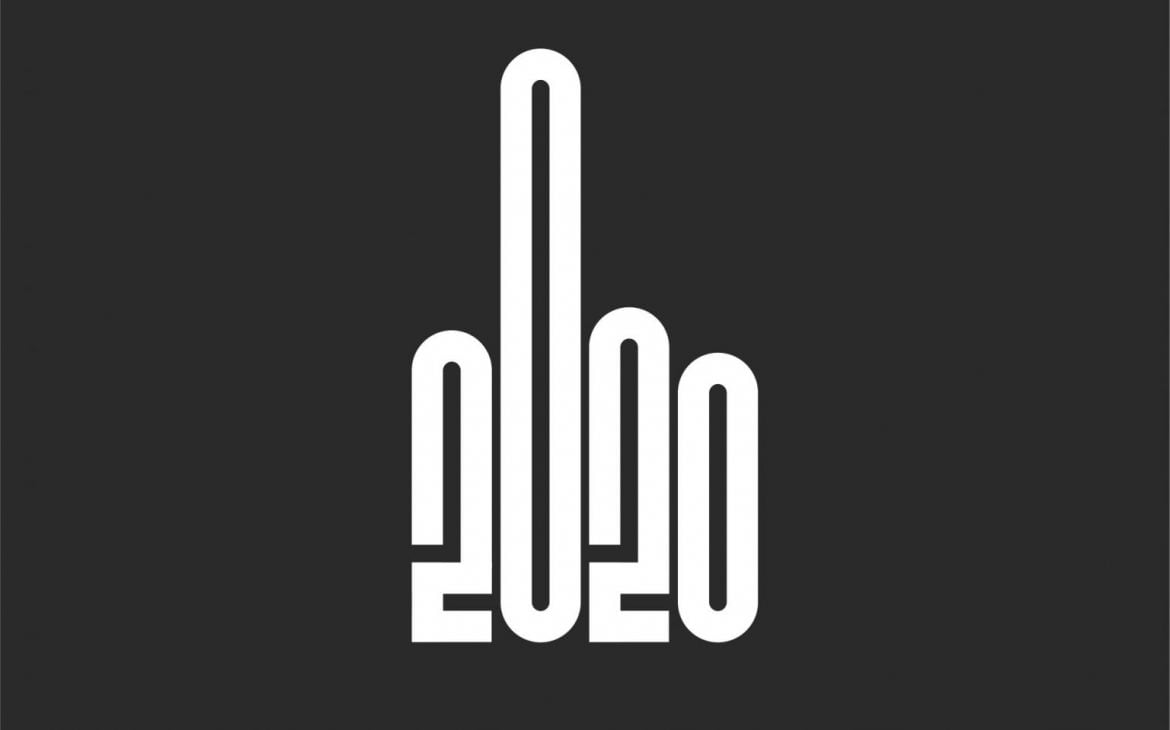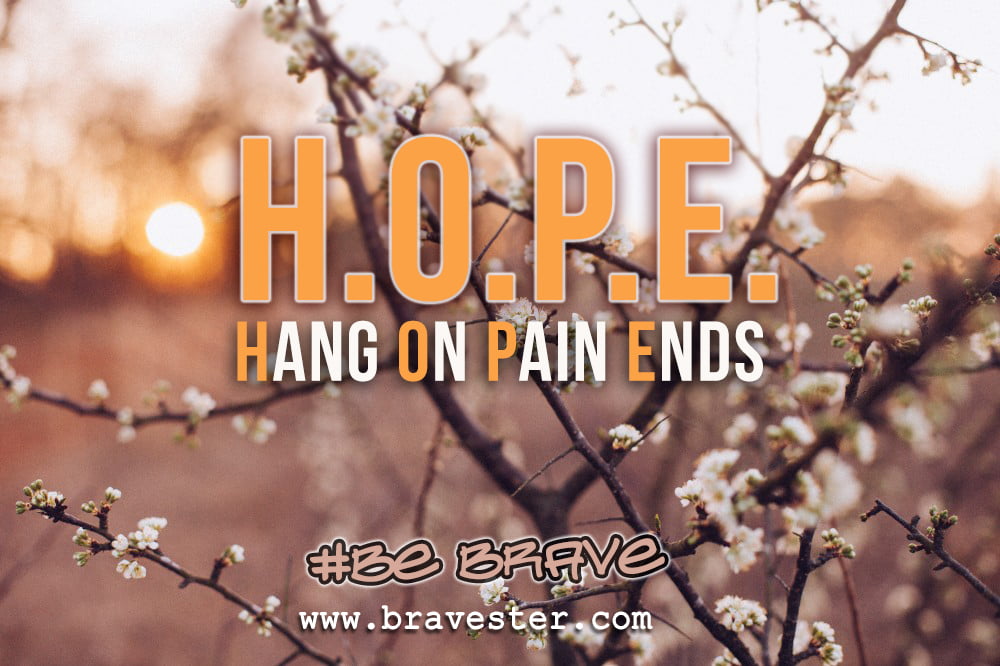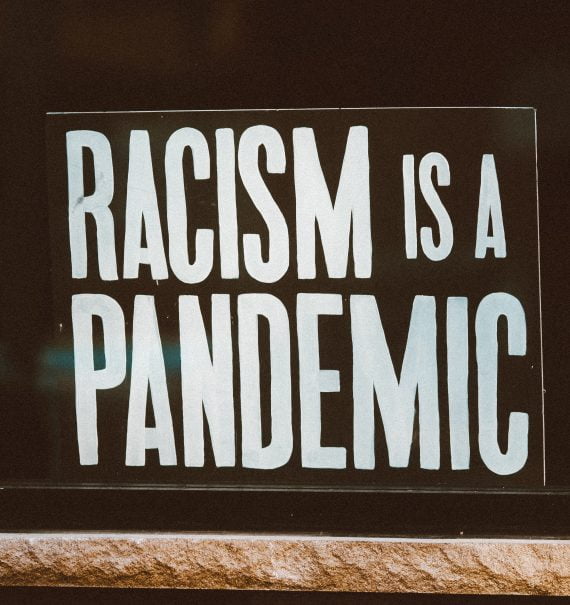Our Hope in the Midst of Darkness

The Year 2020 has been a doozy. Is this maybe a bit too crass yet very descriptive of what this year has been?

2020 will be talked about for many things including something that is very dear to my heart. This is the year the majority came to understand the unfairness of our sin of systemic racism. 2020 is full of the messy middle of holy tension as we make changes to balance the scales. Because for sure something holy is happening even as there is so much confusion, fear, and destruction. As we commit to be in this marathon to make the changes. I challenge you with the challenge the wise Beth Moore challenged us,
If you’re gonna let a little name-calling keep you from standing up for what you believe according to the Word of God is gospel truth, you ain’t ready. White supremacy has held tight in much of the church for so long because the racists outlasted the anti racists.
— Beth Moore (@BethMooreLPM) August 6, 2020
Outlast THEM.
This series on the darkness of God is to inspire you to more works of righteousness and justice as I share about the unfairness of our justice system—which is just one of these systems that are still in play in 2020.
But let judgment run down as waters, and righteousness as a mighty stream.
Amos 5:24 KJV
This is the verse where Martin Luther King Jr. based his oft-repeated proclamation. “Let justice roll down like waters and righteousness like a mighty stream.” Did you know that that came straight out of the Bible? Because righteousness and justice make up the foundation of God’s throne (Psalm 89:5 and Psalm 97:2). There is no righteousness and justice without God.
The issues of righteousness and justice are ever present right now. And very very messy.
God is in the middle of all of this. In the darkness of this. Dark clouds surround him. Righteousness and justice are the foundation of his throne. Psalm 97:2.
In this darkness there is hope. Because this is where God is. St. Augustine described hope this way,
Hope has two beautiful daughters; their names are Anger and Courage. Anger at the way things are, and Courage to see that they do not remain as they are.
We are invited into this brave life of righteousness and justice so these things don’t remain as they are. (You feel that twinge of vulnerability as well as the excitement of this, don’t you? Me too!)
Isn’t it fascinating that St. Augustine described hope this way? This is more than a wish. This is gutty. This is daring. This requires feeling, especially feeling the scary emotion of righteous anger. This requires not being afraid of that anger and allowing what we hate to define us.
The brave ones have this anger—a righteous anger–about what is unfair because we love the people who are being harmed.
We hate to see this beauty marred. Love is the motivation for righteousness and justice. Love cannot be separated from righteousness and justice. We are motivated by love and this brings hope. The hope that is Plan B kind of hope. The hope that is indefinite. The hope that is H.ang O.n P.ain E.nds. The hope that requires bravery.

In this series I’ve referenced righteousness and justice a lot because the Bible does. Especially when it comes to this undefinable God we are still learning about.
The Hebrew word for justice, mishpat, has as its root meaning fairness and equity. In most of the references, the word mishpat has to do with justice for those we might call underprivileged: widows, orphans, immigrants, and the poor. It is a simple fact that the underprivileged are not only disproportionately vulnerable to injustice, but usually disproportionately are actual victims of injustice. If God sets the scales for justice because it is the foundation of his throne, bringing fairness and equity to the underprivileged is the heart of God. It is love.
The Hebrew word for righteousness is tzadeqah. It does not mean good deeds or personal morality. It means to live in a right relationship, treating everyone with fairness, generosity, and equity. Tim Keller calls tzadeqah “primary justice.” It is “behavior, that if it was prevalent in the world, would render rectifying justice (mishpat) unnecessary, because everyone would be living in right relationship to everyone else.” (Just Generosity, Tim Keller) Do you see why righteousness and justice are paired together so often in the Bible?
Righteousness has to do more with personal morality, with acting rightly according to some standard. (Who sets the scales?) Justice is a matter of legality or societal structures. If God sets the scales for righteousness because it is the foundation of his throne, living in right relationship to everyone are acts of love. Your decisions of bravery define you. These are decisions. These are decisions which may break your heart.
We experience a great deal of this justice even now in this life because of this law of “sowing and reaping” found in Galatians 6:7. Don’t be misled—you cannot mock the justice of God. You will always harvest what you plant.
Whatever you do now, you’re going to pay the consequence for later. Here are the regrets. Whoever did the unfair thing to you is going to pay the consequence. This is a temporal form of justice that applies equally to all of us, whether we have a Savior or not. Sometimes this “reaping” is immediate, sometimes it may come decades down the road, but it will always happen.
There is also a greater form of justice as well, an eternal justice to consider. God is always going to get justice. Always. Right up until that last judgment day.
What would happen if we were not afraid of our pain? What would happen if we were not afraid of our broken hearts? Would anger and courage be more a part of our lives? Would hope also be?
The last chapter of Ray Hinton’s story is one of hope. But also one of pain. He is calloused from the 30 years which were taken from him wrongly by the State of Alabama. There are some scars he may never heal from. He painfully described those scars in that last chapter. It’s not a happily ever ending for his story yet it is.
In that last must-read chapter, Ray Hinton shares,
I love Alabama, but I don’t love the State of Alabama. Since my release, not one prosecutor, or state attorney general, or anyone having anything to do with my conviction has apologized. I doubt they ever will.
I forgive them. I made a choice after those first difficult weeks at Lester’s when everything was new and strange and the world didn’t seem to make sense to me. I chose to forgive. I chose to stay vigilant to any signs of anger or hate in my heart. They took thirty years of my life. If I couldn’t feel joy, that would be like giving them the rest of my life.
The rest of my life is mine.
Alabama took thirty years.
That was enough. –Ray Hinton, The Sun Does Shine, p. 301
My life is a story of getting my heart smashed and the many times I have chosen to get up. My life statement,
“The brokenhearted are indeed the bravest among us—they dared to love, and they dared to forgive.”
Dr. Brene’ Brown, Rising Strong, p. 156
Ray Hinton dares. I dare. I may be inspiring but I am calloused also.
Yet this is the way to live this faith. This is God’s kingdom coming to this broken place. This is a world that can have glimpses of righteousness and justice.
It takes you. It takes a brave you. It takes you looking for God in those dark clouds and finding hope. Feeling inspired? Here is a checklist for brave living. You can live this way. We all need you to.
What if instead of looking into the illumination for God, we look into the darkness?
I will never unsee how I see God now.
He gives justice to the oppressed and food to the hungry. The Lord frees the prisoners. The Lord opens the eyes of the blind. The Lord lifts up those who are weighed down. The Lord loves the godly. The Lord protects the foreigners among us. He cares for the orphans and widows, but he frustrates the plans of the wicked. Psalm 146:7-9.

This is part 5 of a 6-part series trying to wrap our vulnerable minds around that God is in the darkness and this is where we find righteousness and justice. Our hope is in those dark clouds.
- Part 1 – Looking Into the Darkness to Find God
- Part 2 – The Darkness of God
- Part 3 – In God’s Darkness is Where What is Unfair is Made Fair
- Part 4 – The Brave Decisions That Define You–You Have a Choice, Even If You are On Death Row
- Part 6 – I Love This Momma God Who is Intervening on My Behalf
Photo credit by Palash Jain on Unsplash







Comments
Trackbacks & Pingbacks
[…] Part 5 – Our Hope in the Midst of Darkness […]
[…] Part 5 – Our Hope in the Midst of Darkness […]
[…] Part 5 – Our Hope in the Midst of Darkness […]